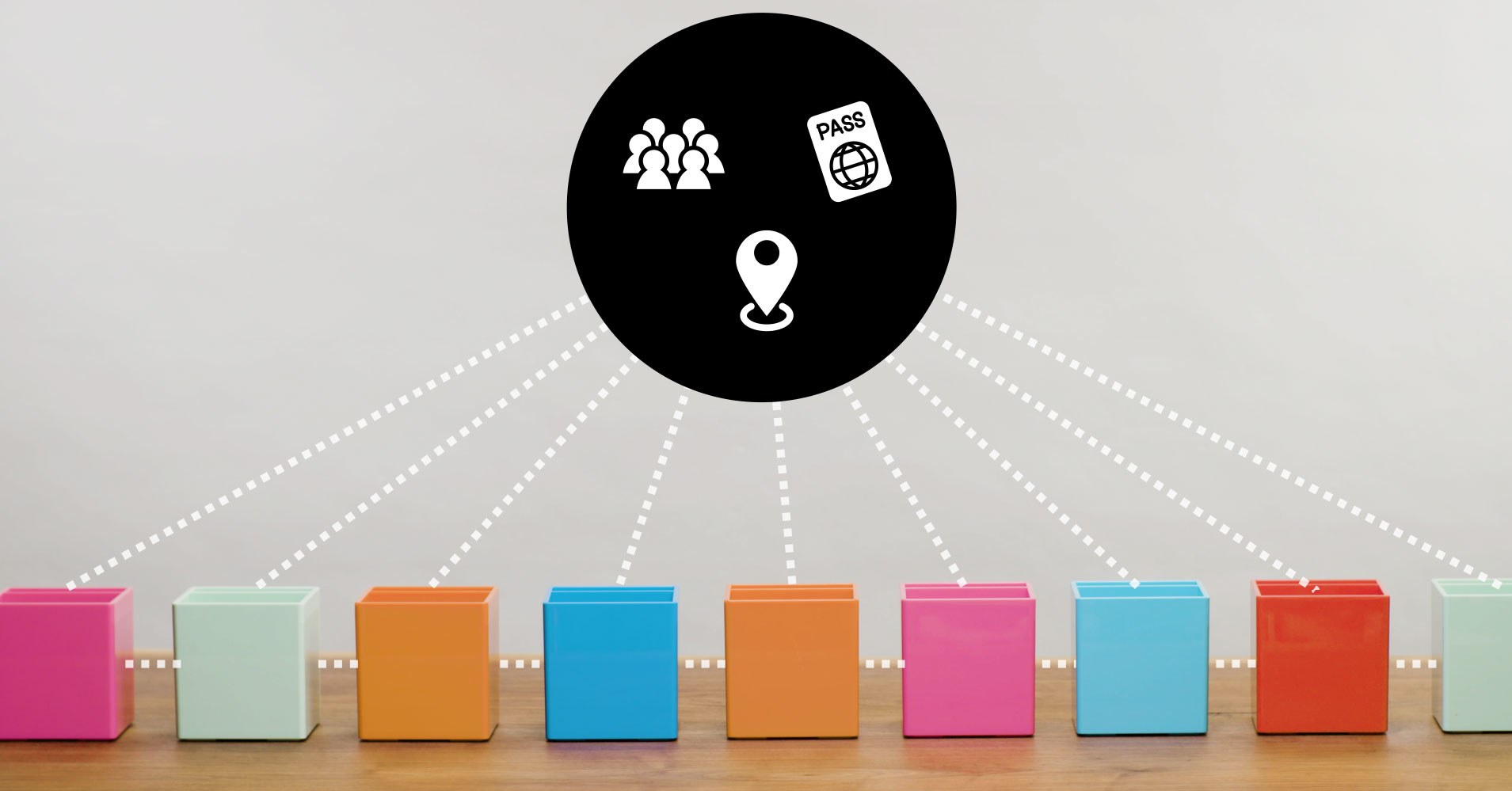Central banks are experimenting with their own versions of cryptocurrency. Experts weigh in on how this will shape the market’s future.
In the light of the rising popularity of cryptocurrencies, like bitcoin and ethereum, central banks around the world are busy experimenting with their own versions of cryptocurrency, or digital currency.
China’s central bank announced in January that it has completed a successful trial run of transacting digital currencies among banks. Then in September, Japan, Sweden and Estonia all announced similar digital currency projects: J-coin for Japan, E-krona for Sweden and Estcoin for Estonia. The roster doesn’t stop there — the UK, Uruguay and Kazakhstan have all expressed similar ambitions.
On Wednesday, William Dudley, president and CEO of the Federal Reserve Bank of New York, said the Fed is exploring the idea of offering its own digital currency, according to published reports on comments the Fed president made at a conference. However, Dudley said it would be “very premature” to estimate when the Fed would come up with its own version of bitcoin.
How soon will we see a government-backed digital currency up and running? This past summer Peter Smith, CEO of Blockchain (the leading digital wallet), predicted that “we are 24 months from a major government issuing a sovereign digital currency.”
This global phenomenon is so new that no one has yet to solidify a term to address it. Some call it central bank–issued cryptocurrency or government-backed cryptocurrency. Some refuse to call it cryptocurrency, naming it digital fiat or sovereign digital currency.
“To me the idea of cryptocurrency is free of control from any person and institution. There’s nothing cryptocurrency about these [government-backed projects],” said Jacob Eliosoff, investment manager of Trevi Digital Assets Fund.
He added: “You have one institution that controls it, and they can change the rules when they want; they can prevent certain transactions from happening if they don’t trust the party involved. It’s not that that’s bad, but that’s not a cryptocurrency. That’s just a currency that happens to run on a computer. ”
Source/More: Cryptocurrency craze springboards government-backed coin



















